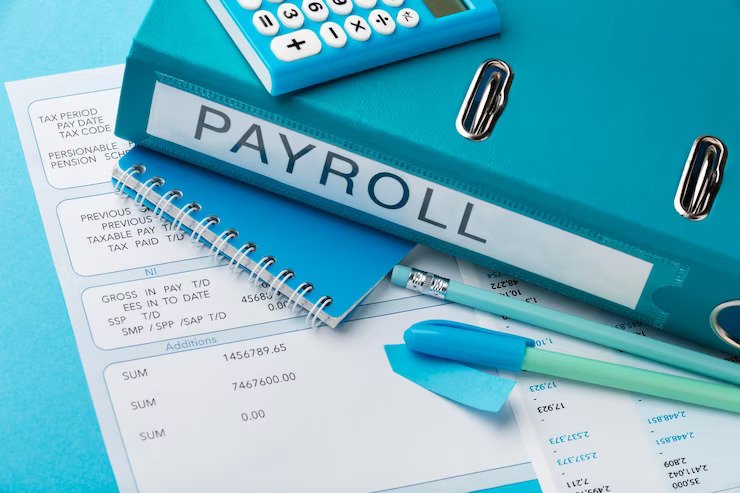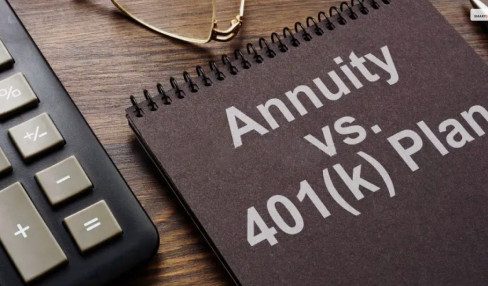8 Key Online Trading Terms Every Beginner Should Know
28 June 2023
3 Mins Read

toc impalement
Trading is a hard job, both in terms of how demanding it is intellectually and how many terms you need to memorize to be effective in it. It doesn’t make it easier that you don’t actually know which terms are worth memorizing at the start of your career. With this in mind, here are the 8 most important terms a beginner trader should know.
Note that there is a lot to know besides this. These 8 words are simply the basics. You should learn before diving into trading at all. From here, you can get even deeper. The good thing to do after reading this article is to learn about the terms that are directly tied to these from AvaTrade Academy or similar sources.
Market Order
A market order is the most common type of order present in trading. Order is a signal to buy or sell a particular asset, whereas a market order is an order that enables the sale or purchase of that asset at the current market price. Such orders are usually simple and executed instantly, hence their popularity.
Limit Order
A limit order is a type of order to sell or purchase an asset at a specific price. If it’s reached, the order will be executed automatically. This type of order ensures a much deeper control of your assets, but demands more time and doesn’t guarantee a successful execution. The specified price might not even be reached at all.
Stop-Loss
A stop-loss order is a type of limit order that’s most common in everyday trading. It’s basically a command to sell an asset if it reaches a certain price with the intention to limit your losses. They are usually placed at the lowest acceptable level for each individual trader because a comparably small dive can often be salvaged.
Bid Price
A bid price is the highest price you can get for an asset on the market. It basically means that there’s a person willing to pay this money for whatever you’re selling. It’s essentially an amount of money you can get for a successful sale.
Asking Price
An asking price is the opposite of the bid price. It basically shows the lowest price that sellers are willing to accept for an asset. It’s the most lucrative price for which you can buy an asset at the moment.
Spread
Spread is the difference between the asking price and the bid price. If you were to buy an asset and immediately sell it, you’d lose money to spread. It’s one of the primary transaction costs on the market, in addition to the broker commission.
Volatility
Volatility is the measure of risk on the market. In turn, it translates into fluctuation rates at a specified timeframe. High volatility means larger price swings, which can be both beneficial and dangerous.
Margin Trading
Margin trading, aka leverage trading, is the approach that implies borrowing a certain amount of money from the broker with some of your own funds stored away as collateral. This sort of trading brings more risk with it, but also an opportunity to gain profits at a larger ratio.
Read Also:


















Comments Are Closed For This Article